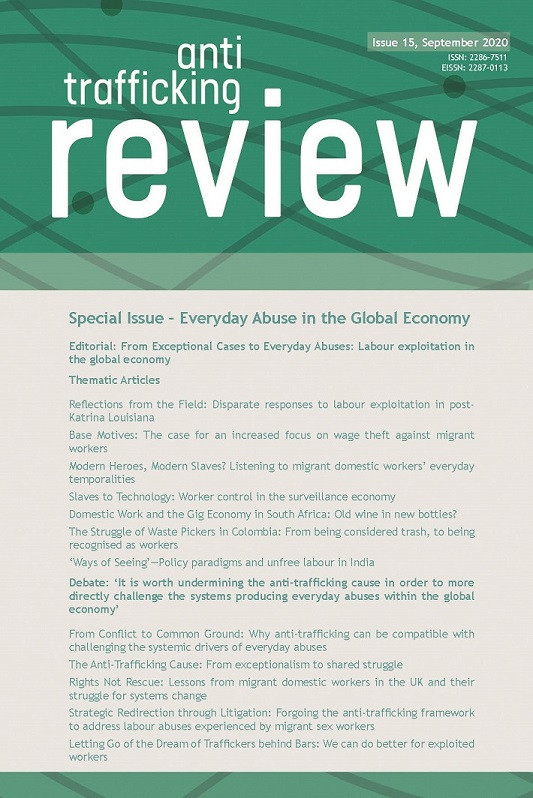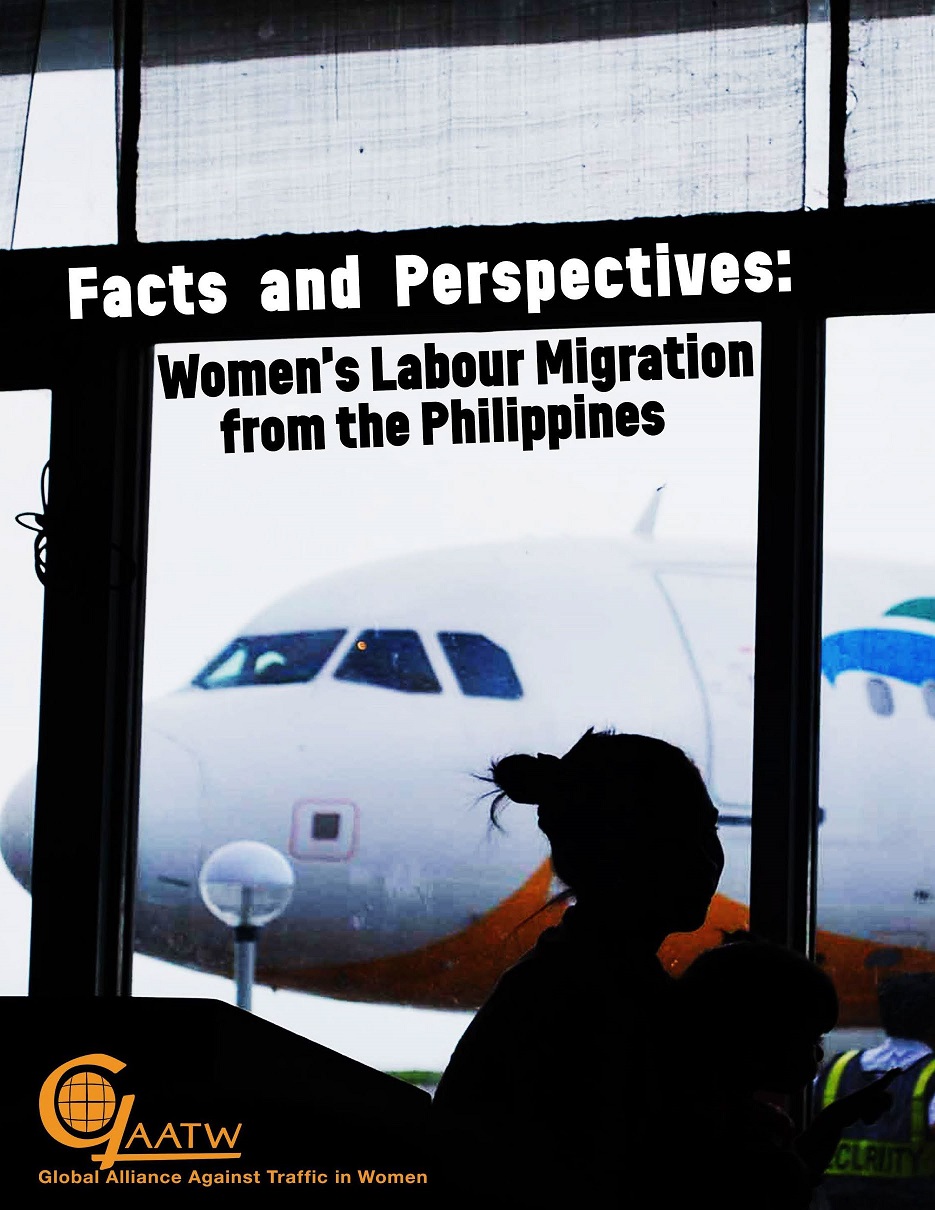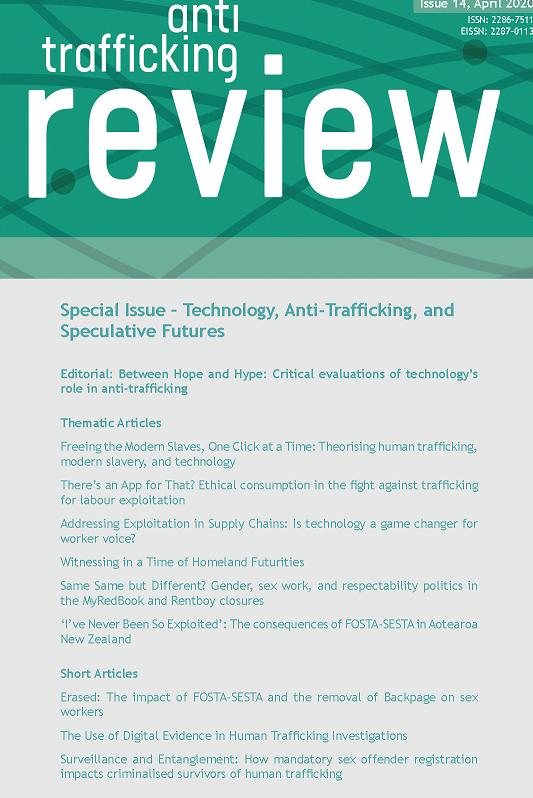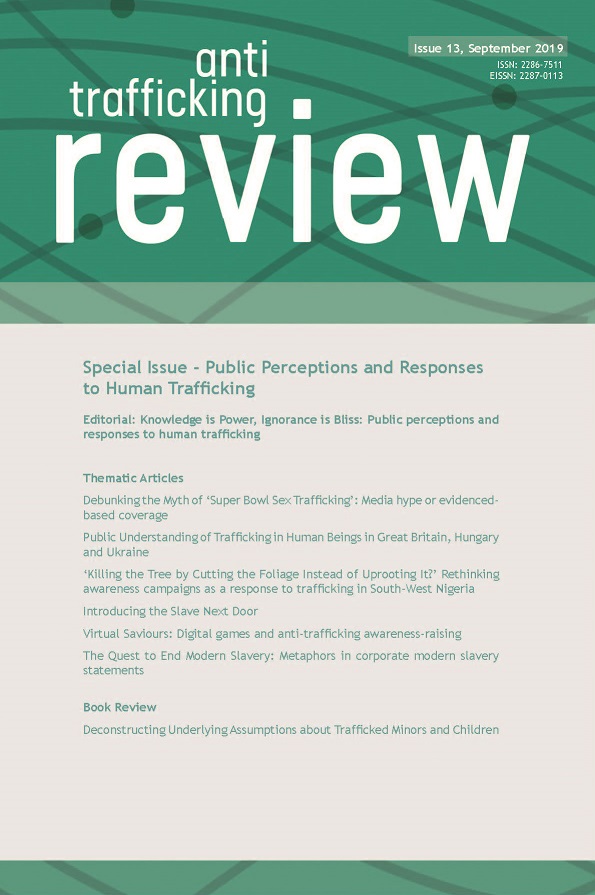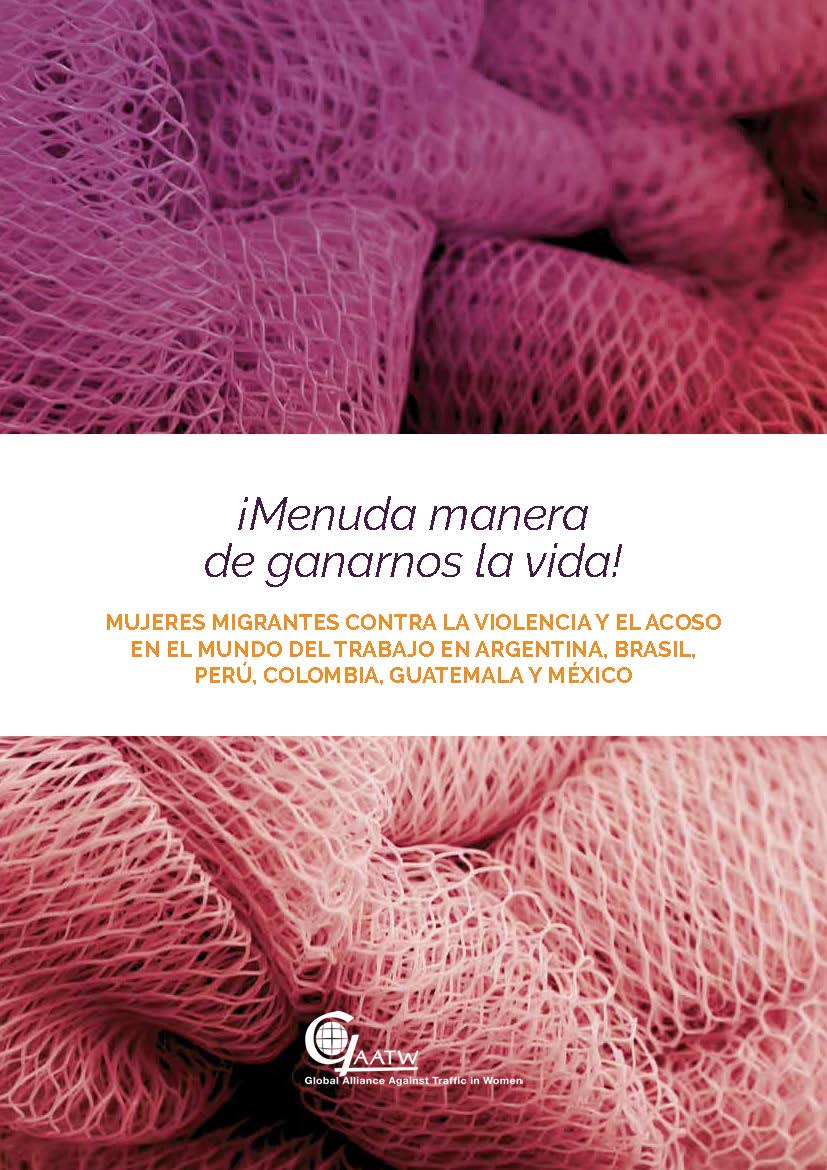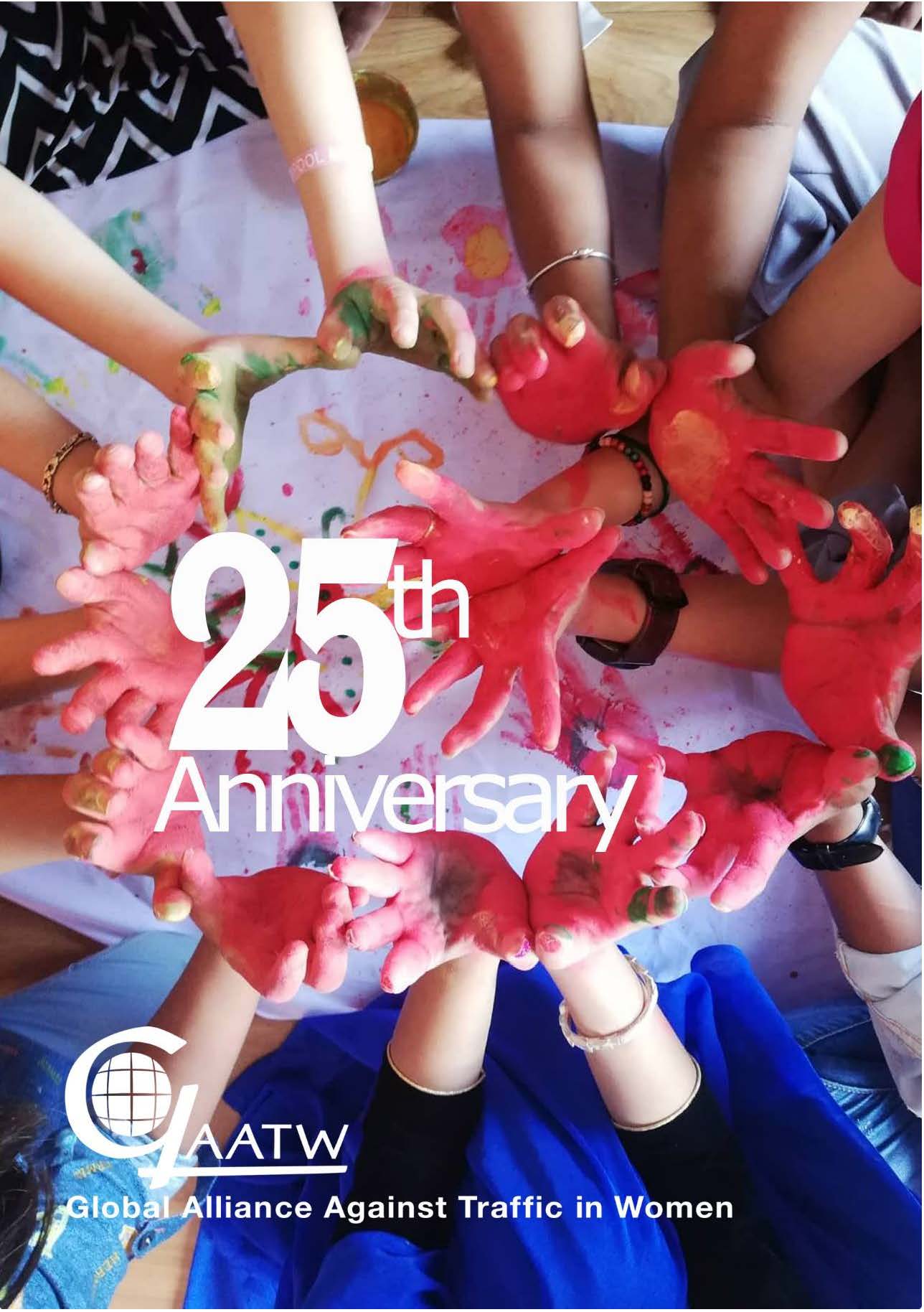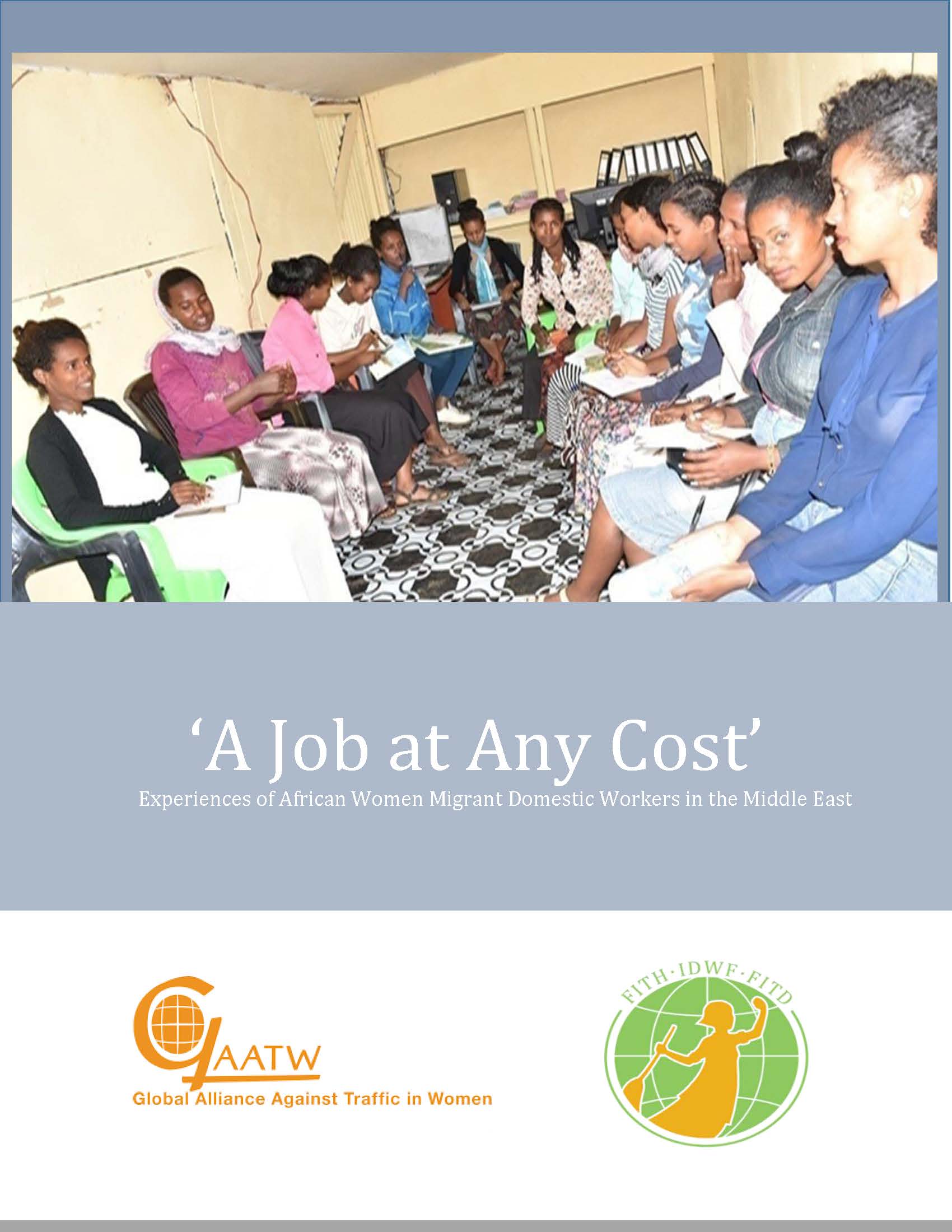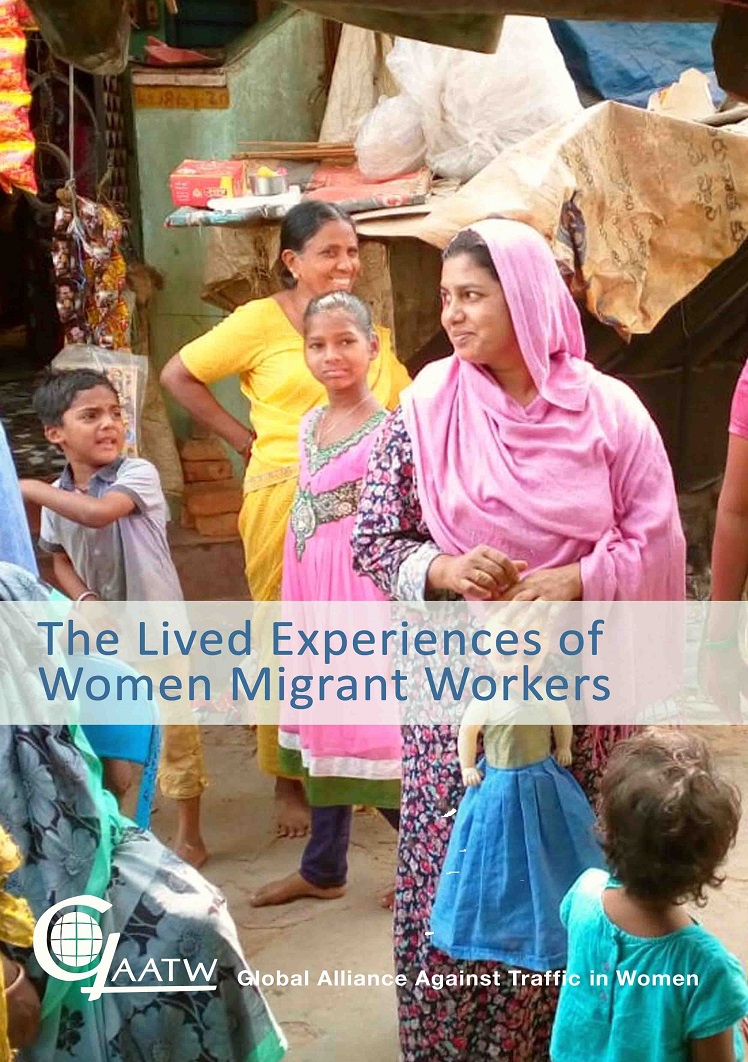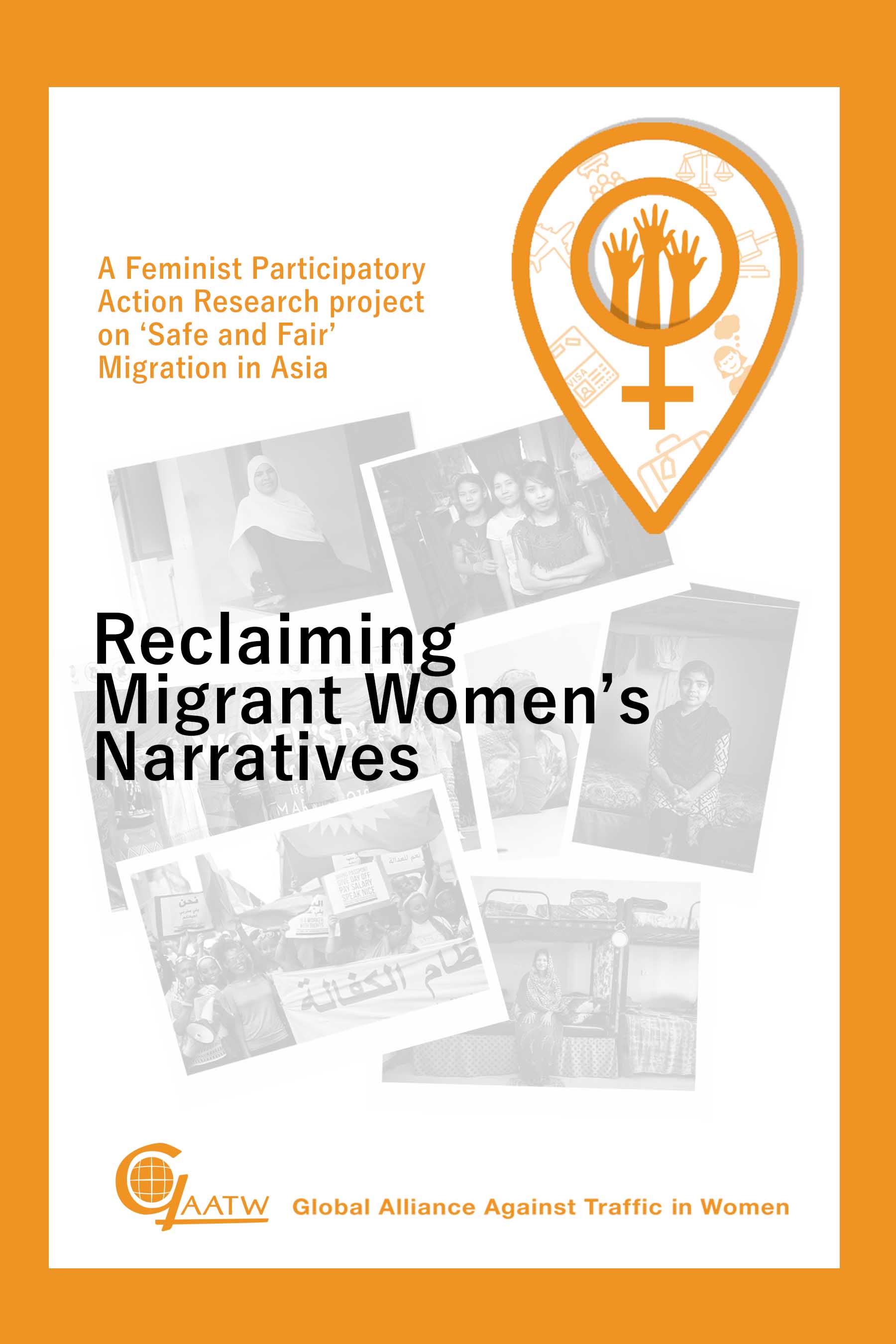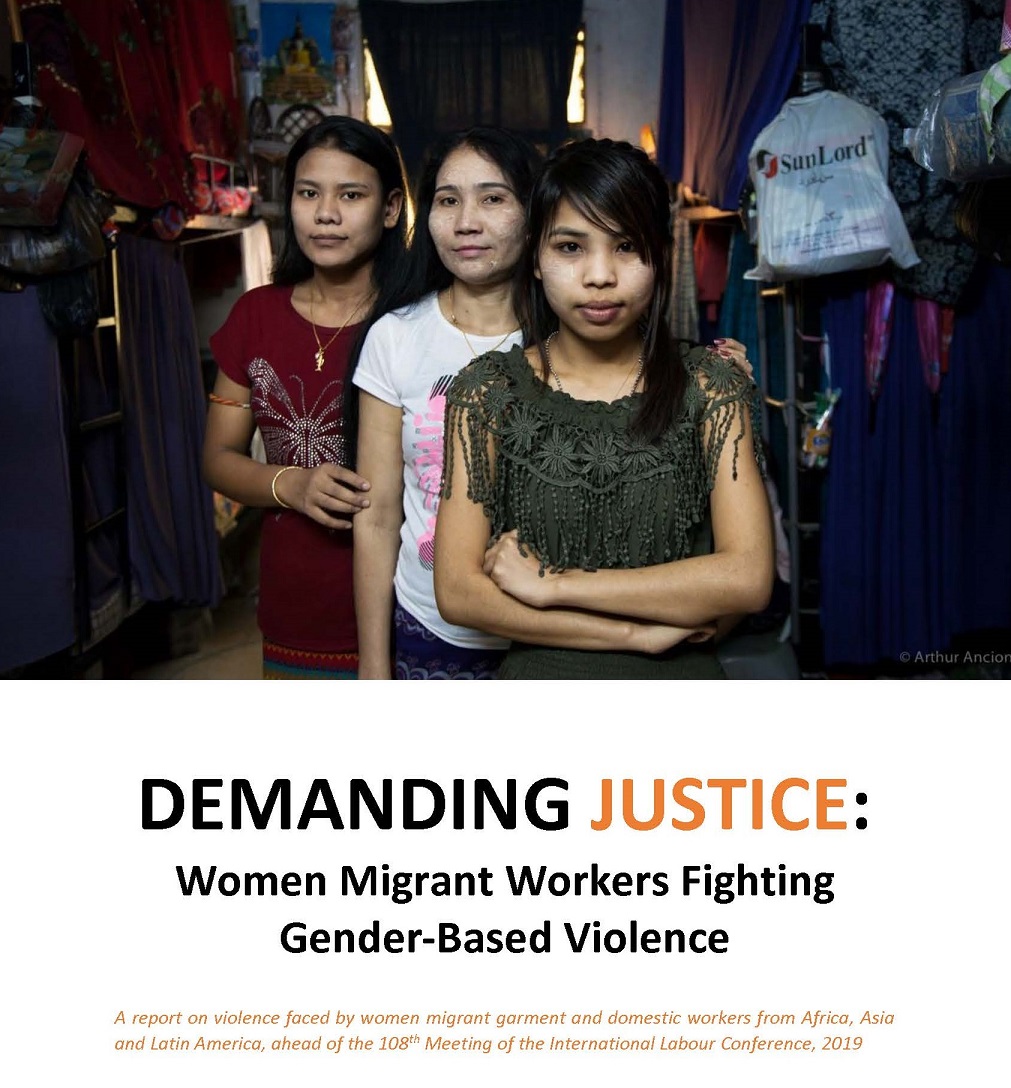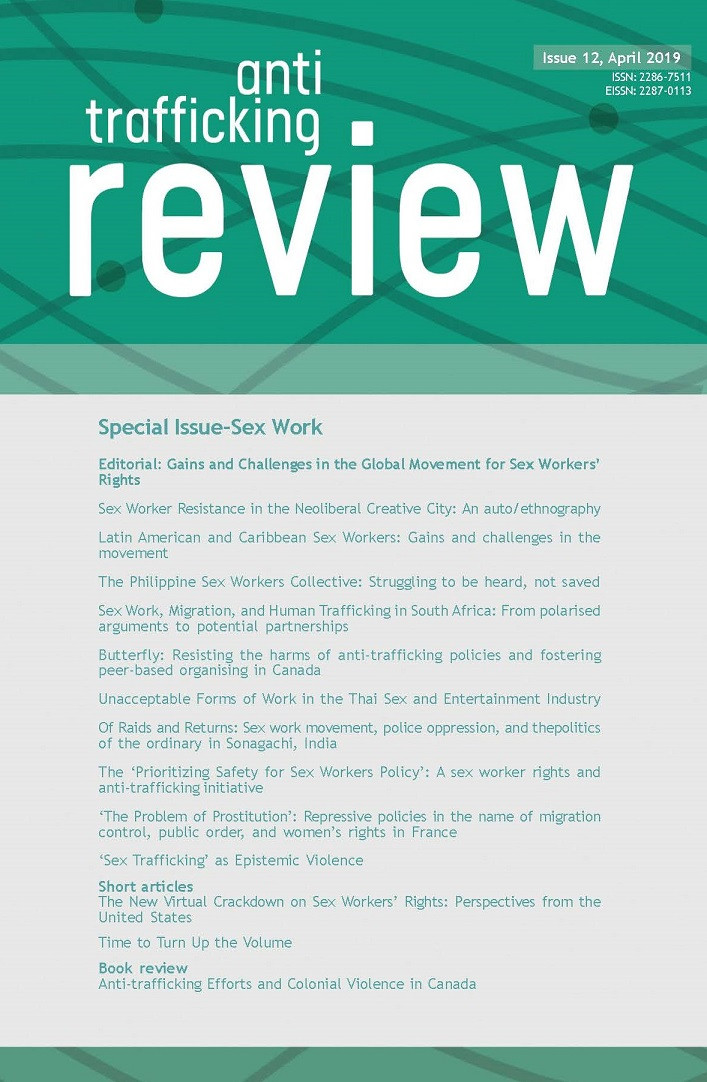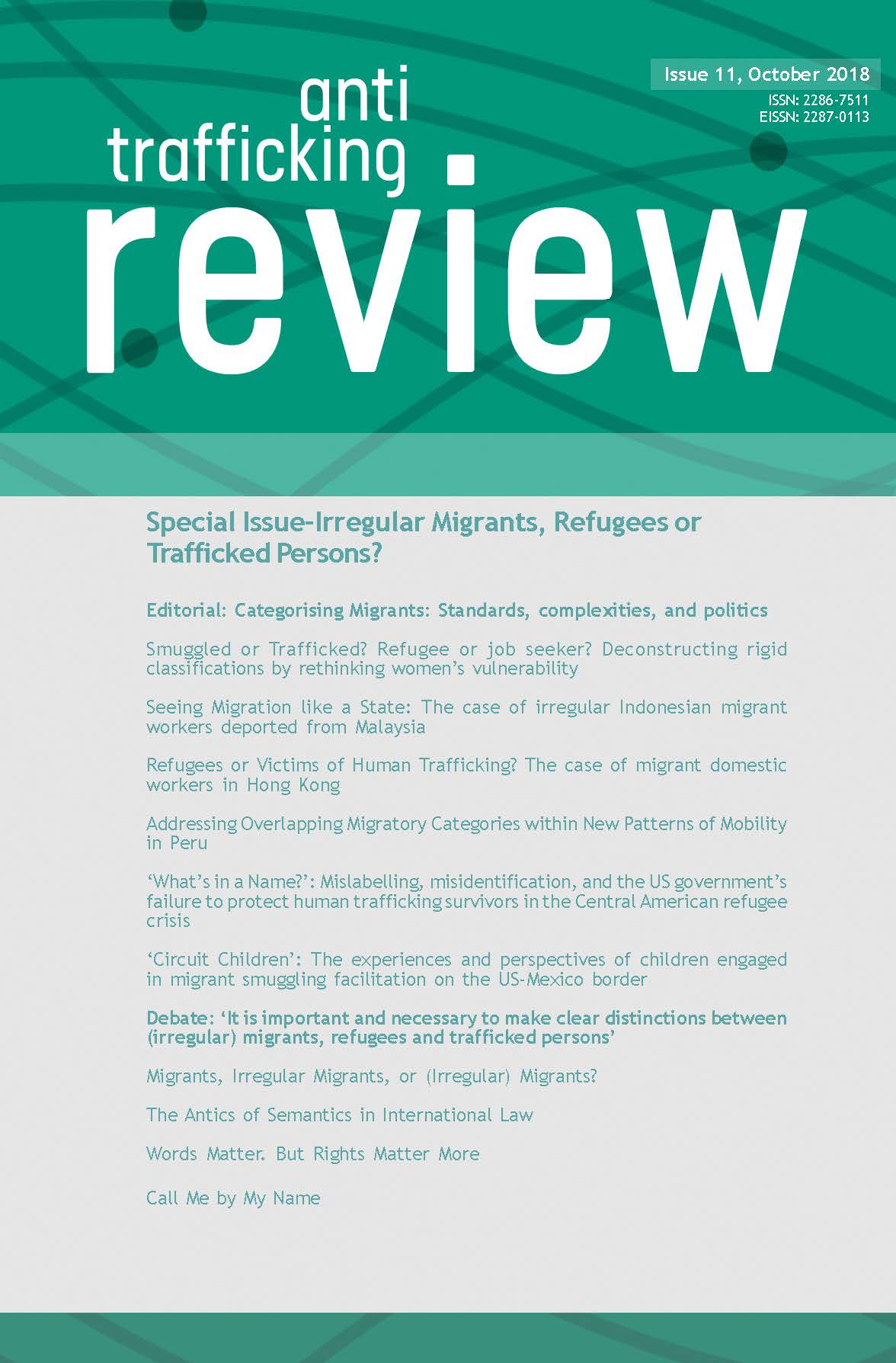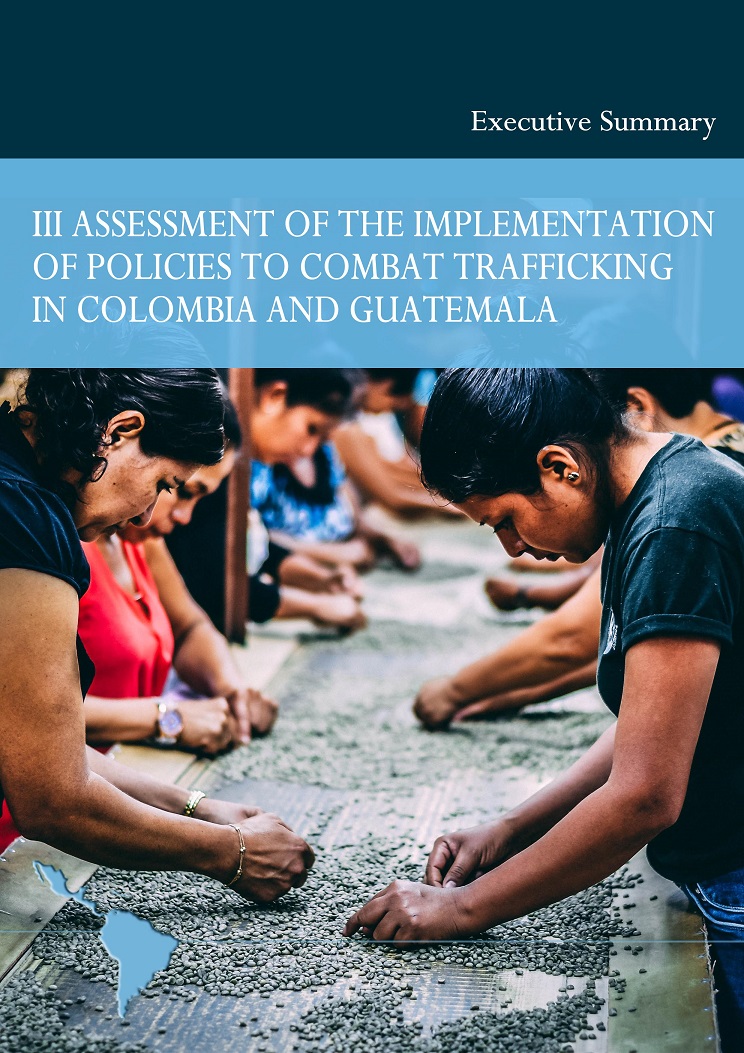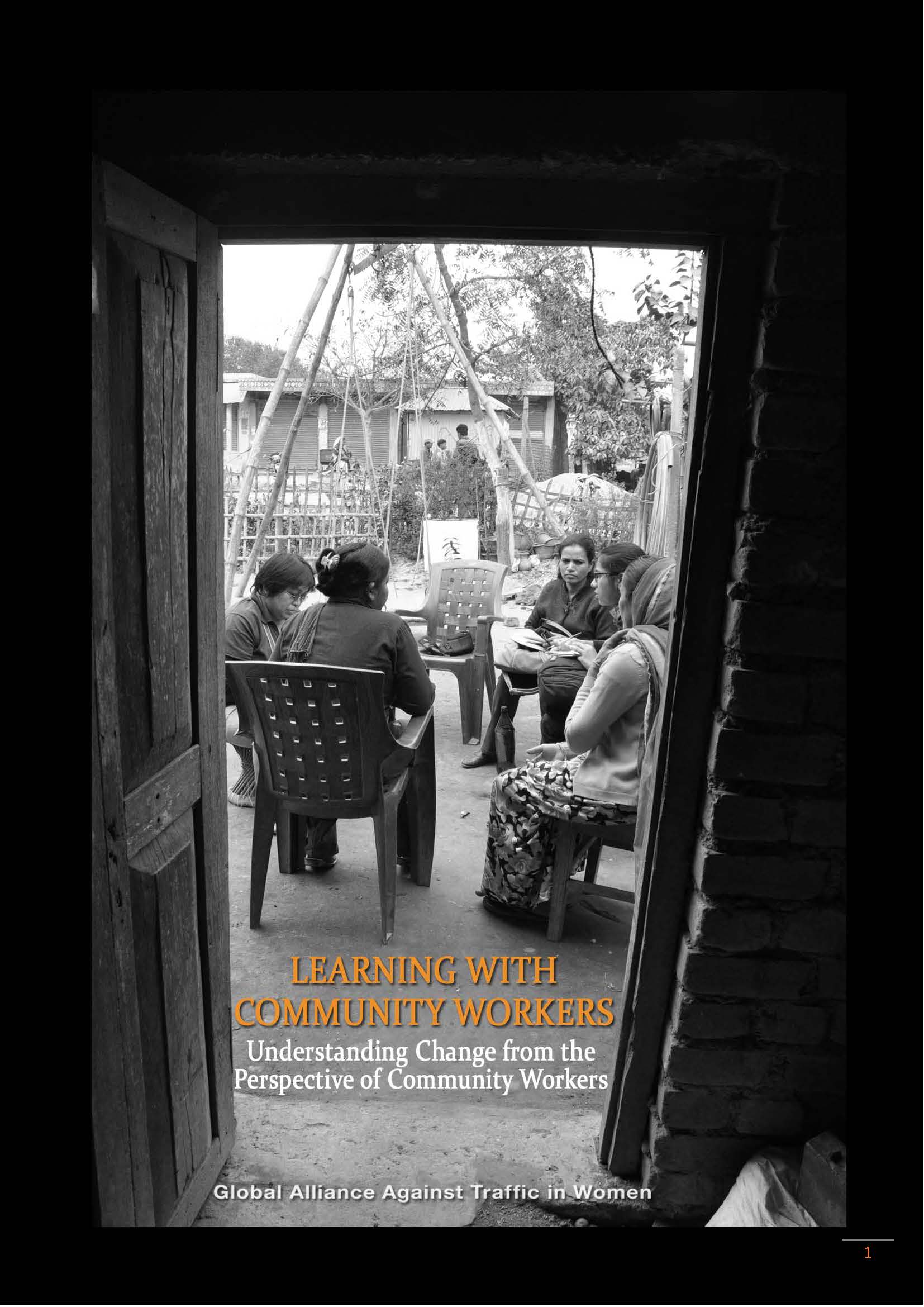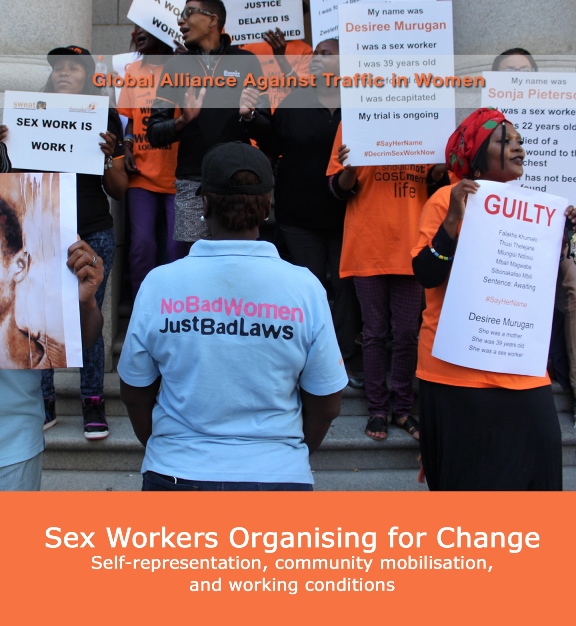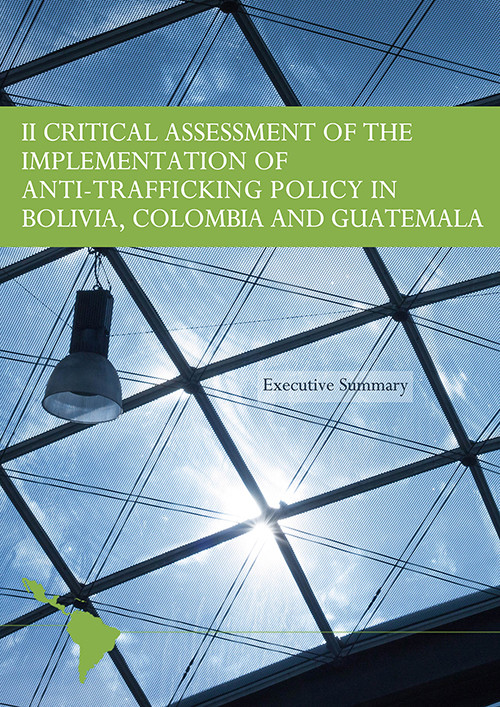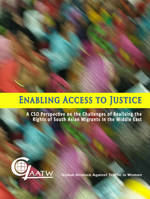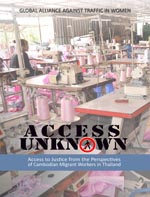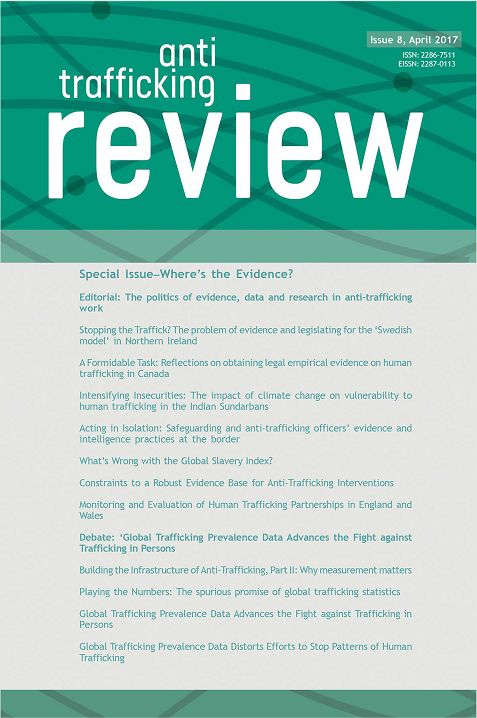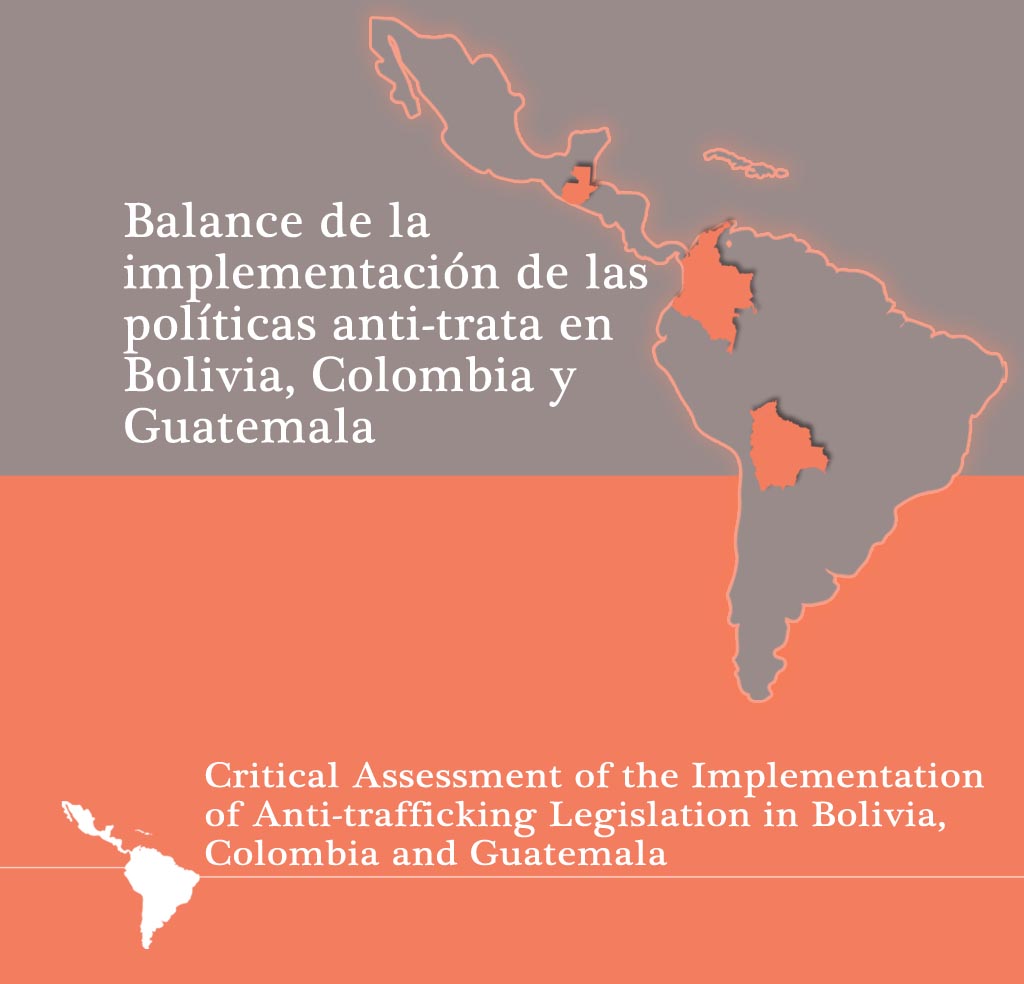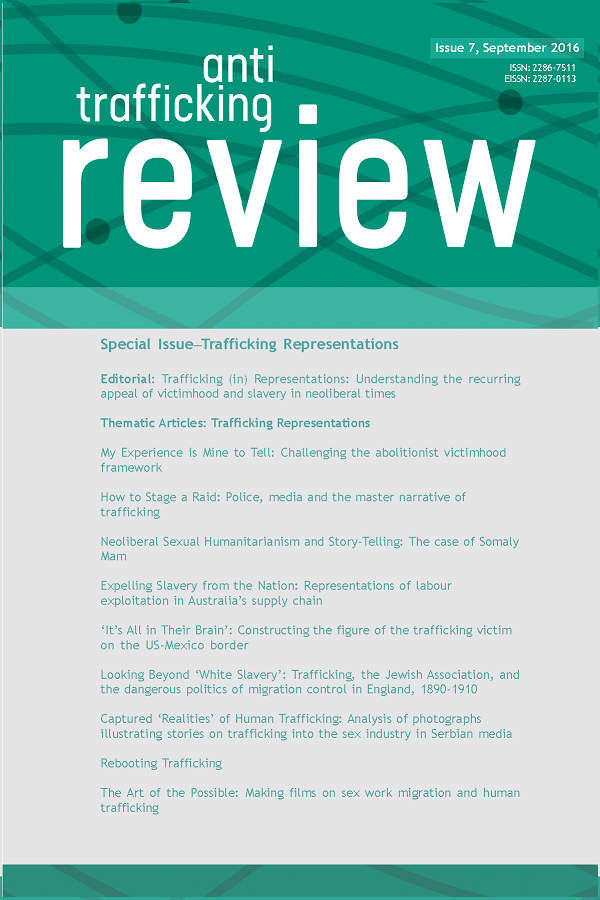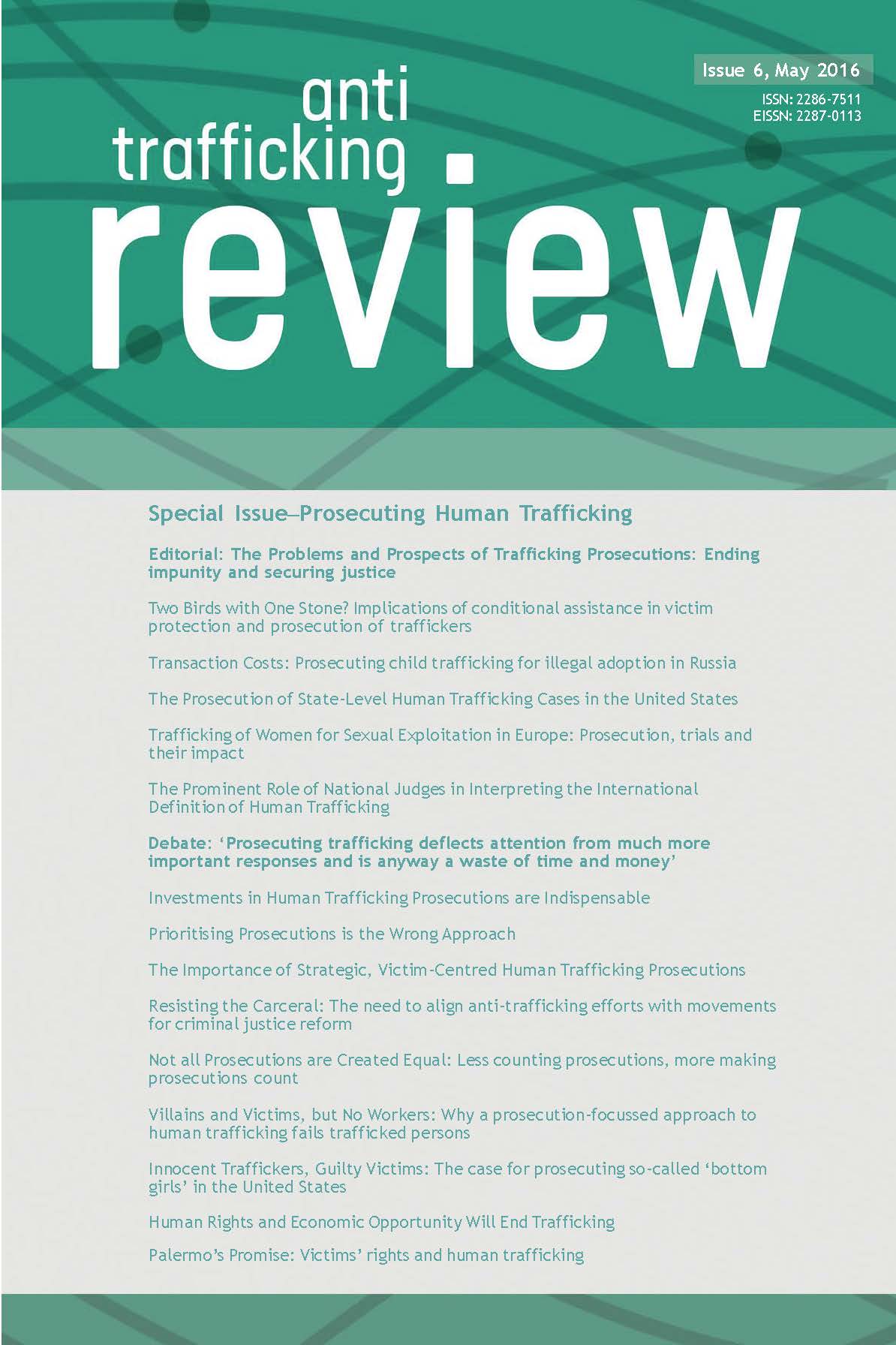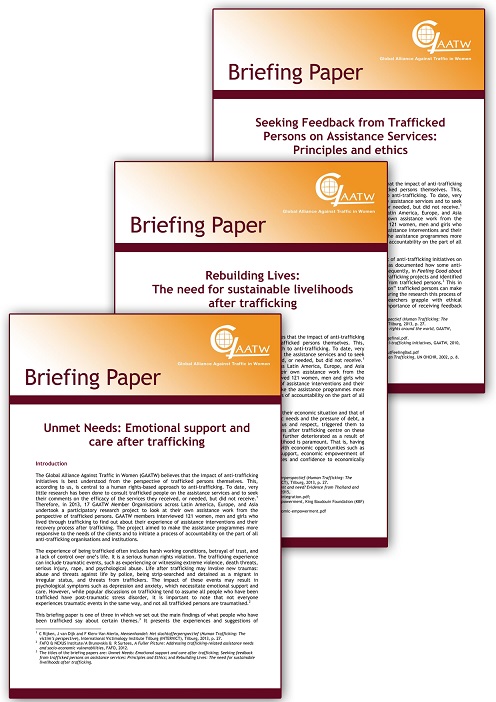Issue 10: Women Workers Organise
Dear friends,
We are pleased to bring you the May 2023 issue of Our Work, Our Lives which focusses on women workers’ organising.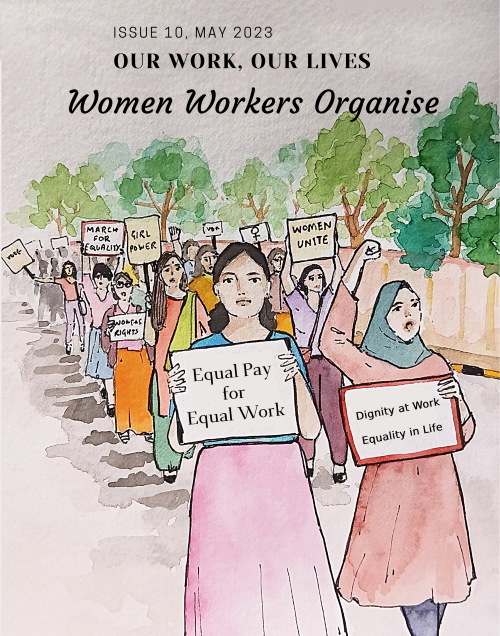
In this issue we hear from community organisers and union leaders affiliated to AMKAS-Nepal, ARM-Lebanon, CHRCD-Sri Lanka, DoWan-Sierra Leone, ESCO-Sri Lanka, JALA PRT- Indonesia, OKUP-Bangladesh, OPSI-Indonesia, Tarangini-Nepal, WINS-India, WOFOWON-Nepal, MAP-Thailand, PTS-India and Yasanti-Indonesia.
Women who have returned after working as domestic workers (or in other low waged jobs) in foreign countries have collectivised to demand stronger social protection and a safe and fair labour migration regime. They are currently self-employed or working as daily wage labourers in their home countries. Even when there are accusations from male family members that they are ‘wasting time in girly gossip’, returnee women migrants have sought out each other’s company. Many of them have also enjoyed working in their communities. “I joined DoWan to avoid loneliness at home and get skills training to find a job,” says Kadiatu Patricia Ado from Sierra Leone. “Earlier I was known as someone’s daughter, sister, wife, or mother. Now I am a well-known face in my community, even in my district. I am one of the trusted persons in my society,” says Indira Kharel from AMKAS-Nepal. “Despite lack of recognition from the government, we have been able to create a culture of mutual support amongst ourselves and find a social niche for ourselves,” members of the Kurunegala Migrant Societies tell us.
There are stories of organising and unionising from women domestic workers, home-based workers, porters, entertainment workers, farmers, and sex workers. “When we started speaking as a group, things did change sometimes. Not big changes but at least the behaviour of male colleagues and employers changed a little. When we started to respect ourselves, we noticed that people also treated us with some respect in public places,” Ayushma KC, an entertainment worker leader from WOFOWON tells us. Erna Maria from Jogja City Homeworkers Federation explains that by joining the union, she learnt about workers’ rights and how to fight for it. Her words are echoed by members of the women farmers’ cooperative in Tirupati, India who say, “We thought that if we present our situation to policy makers as a group, there is greater possibility of being taken seriously.”



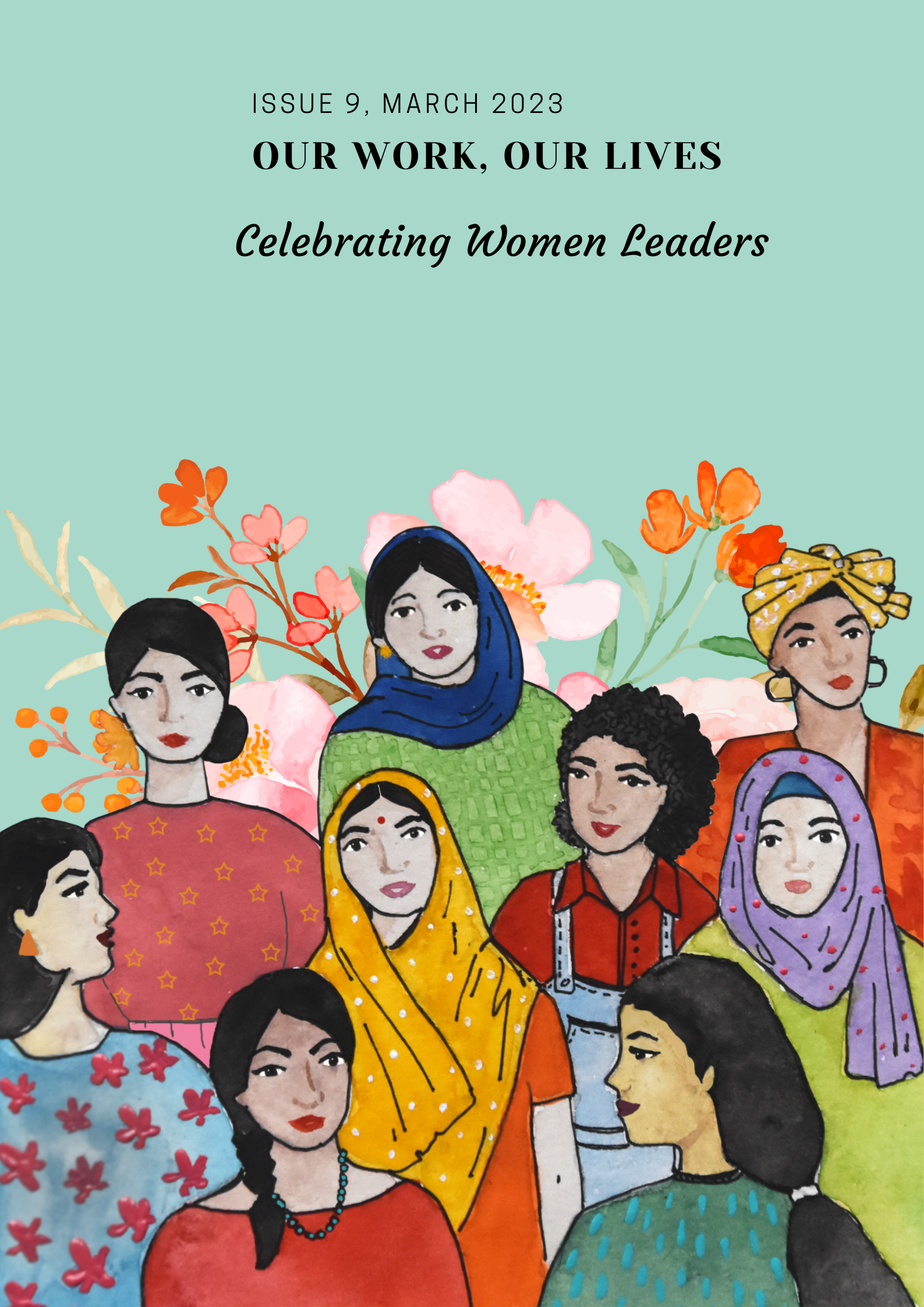
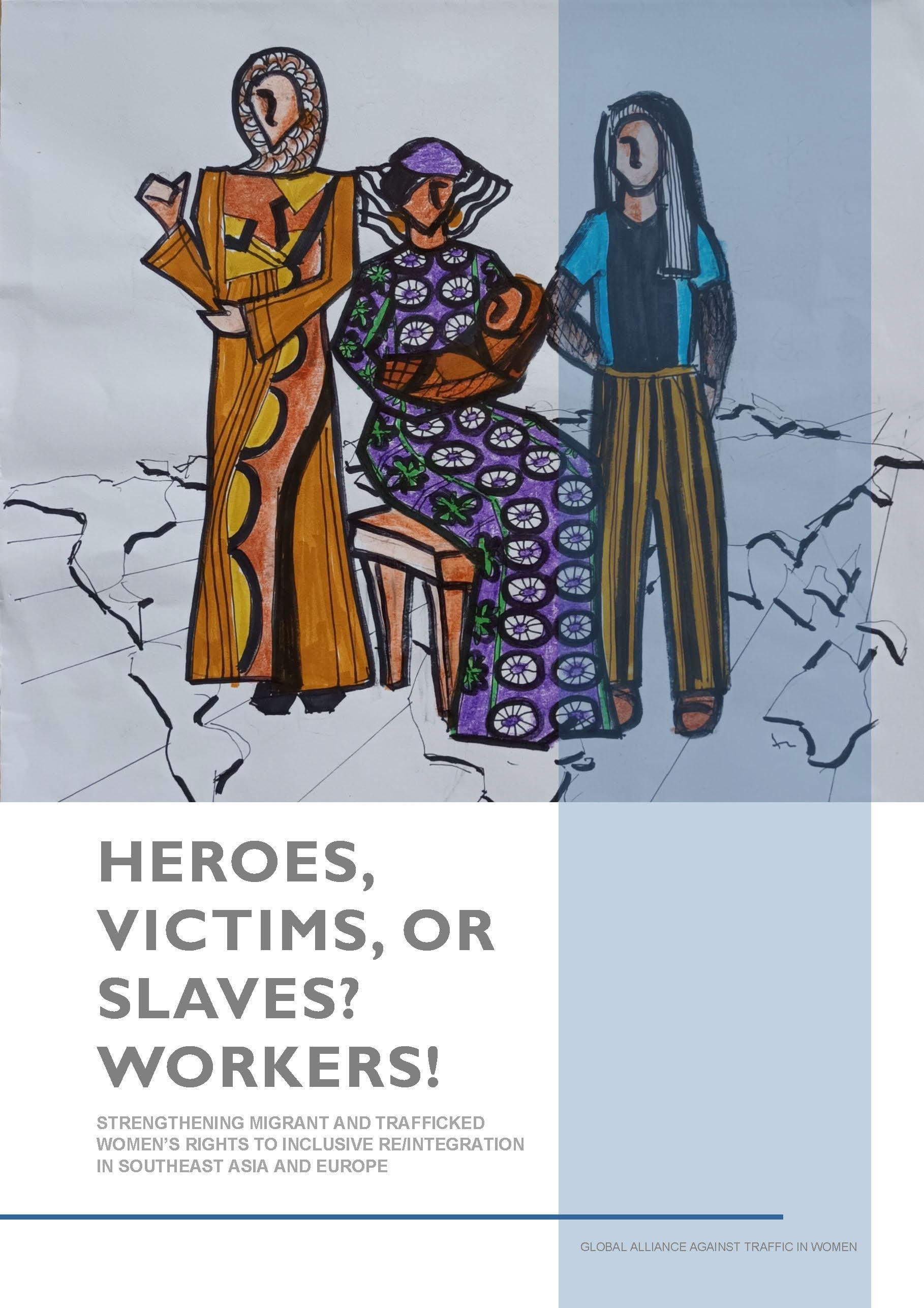
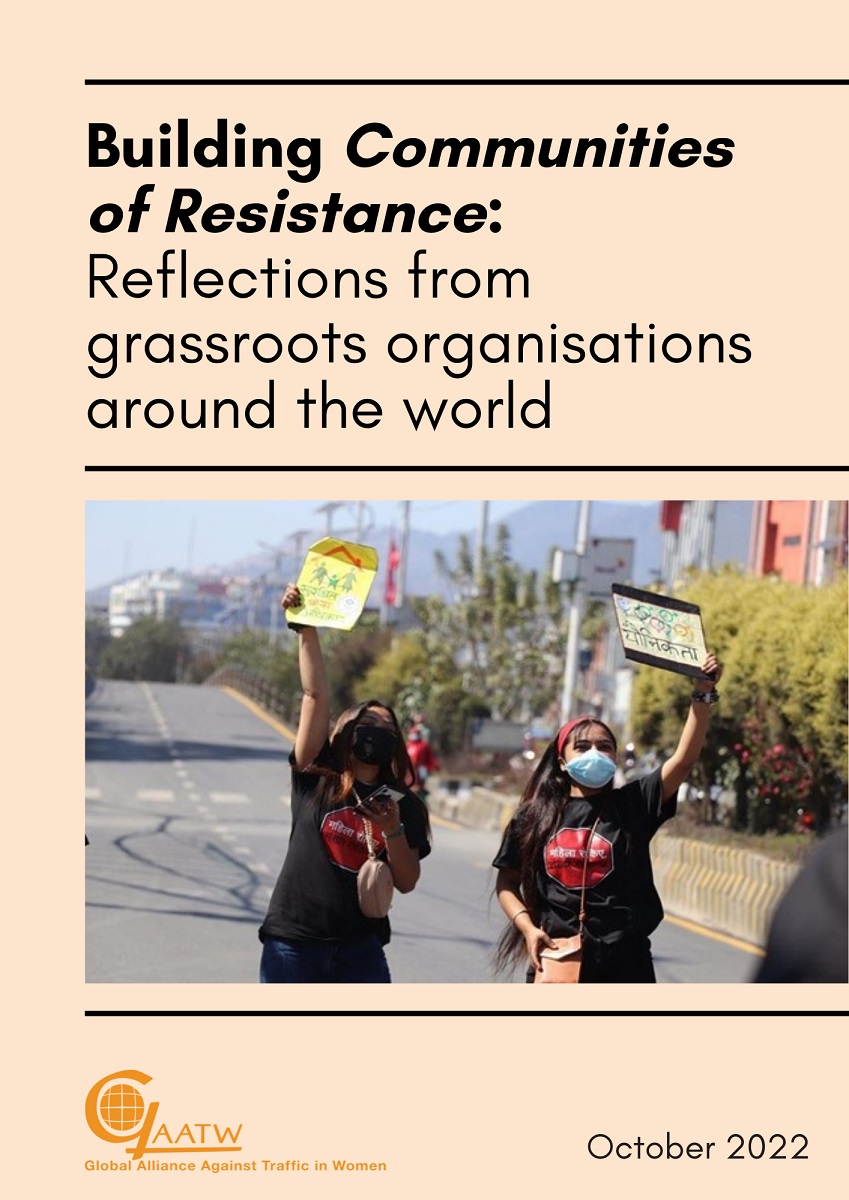
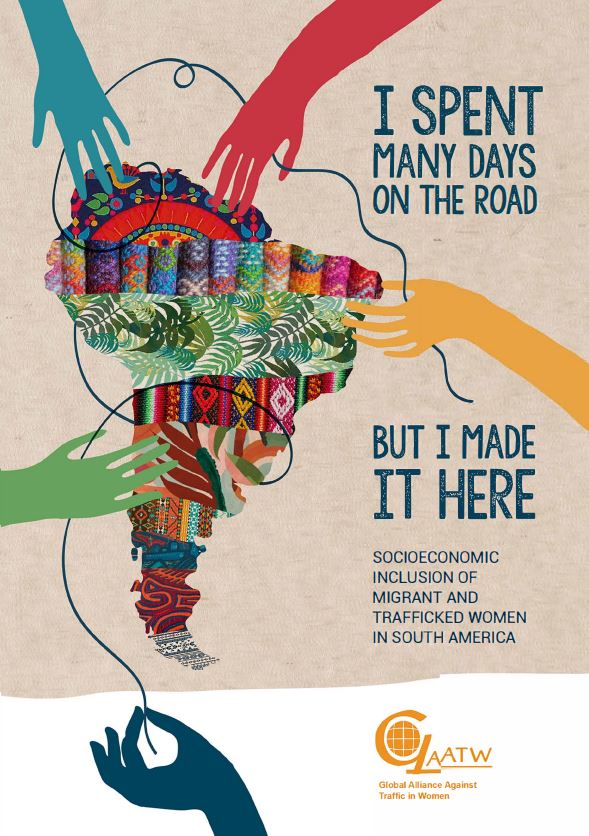
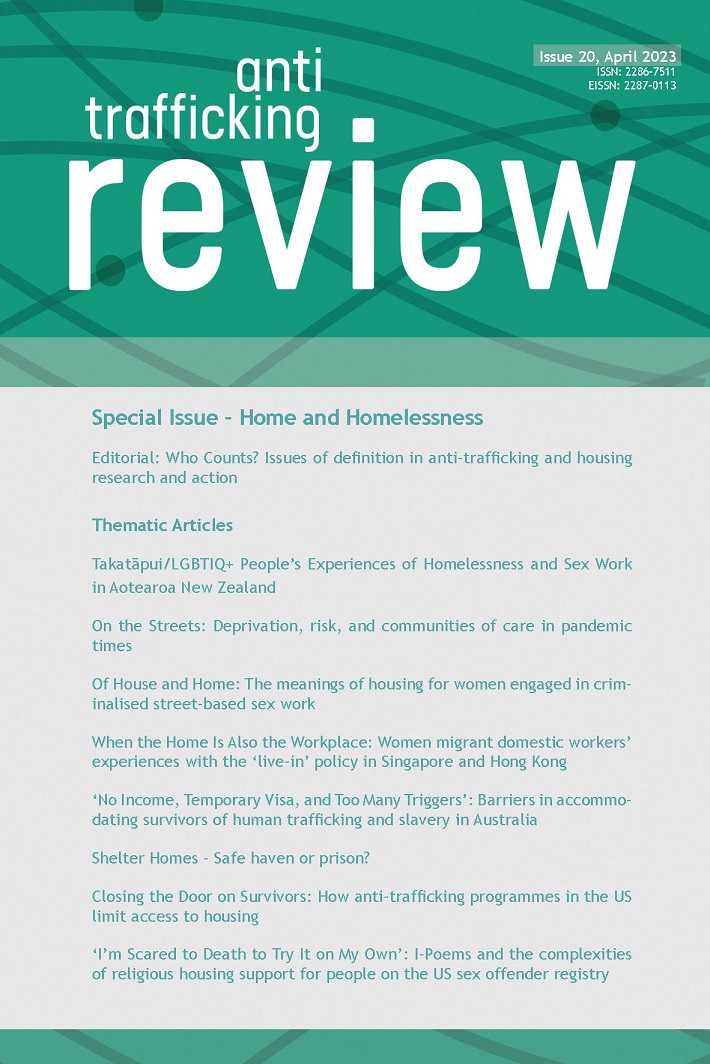
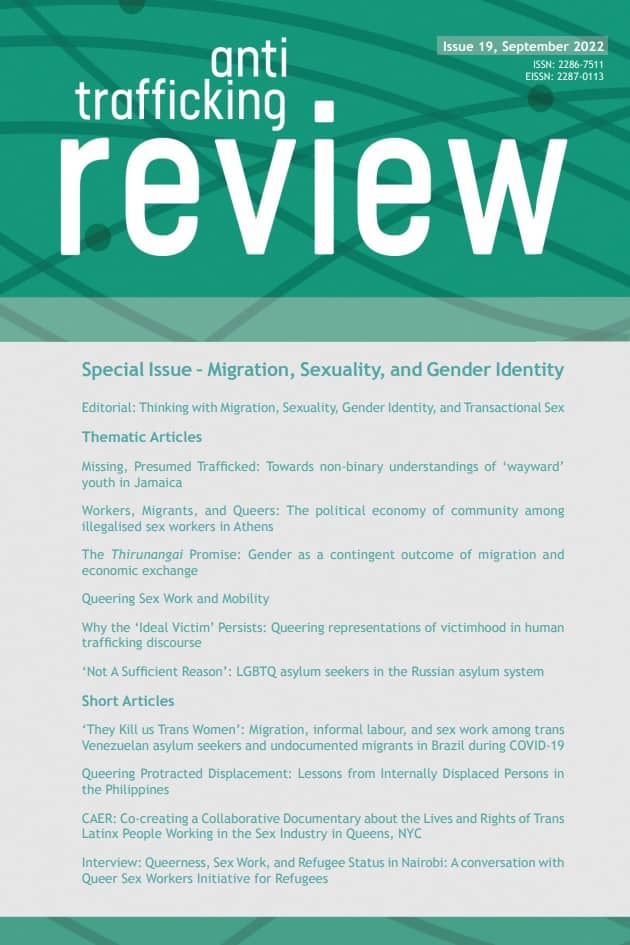



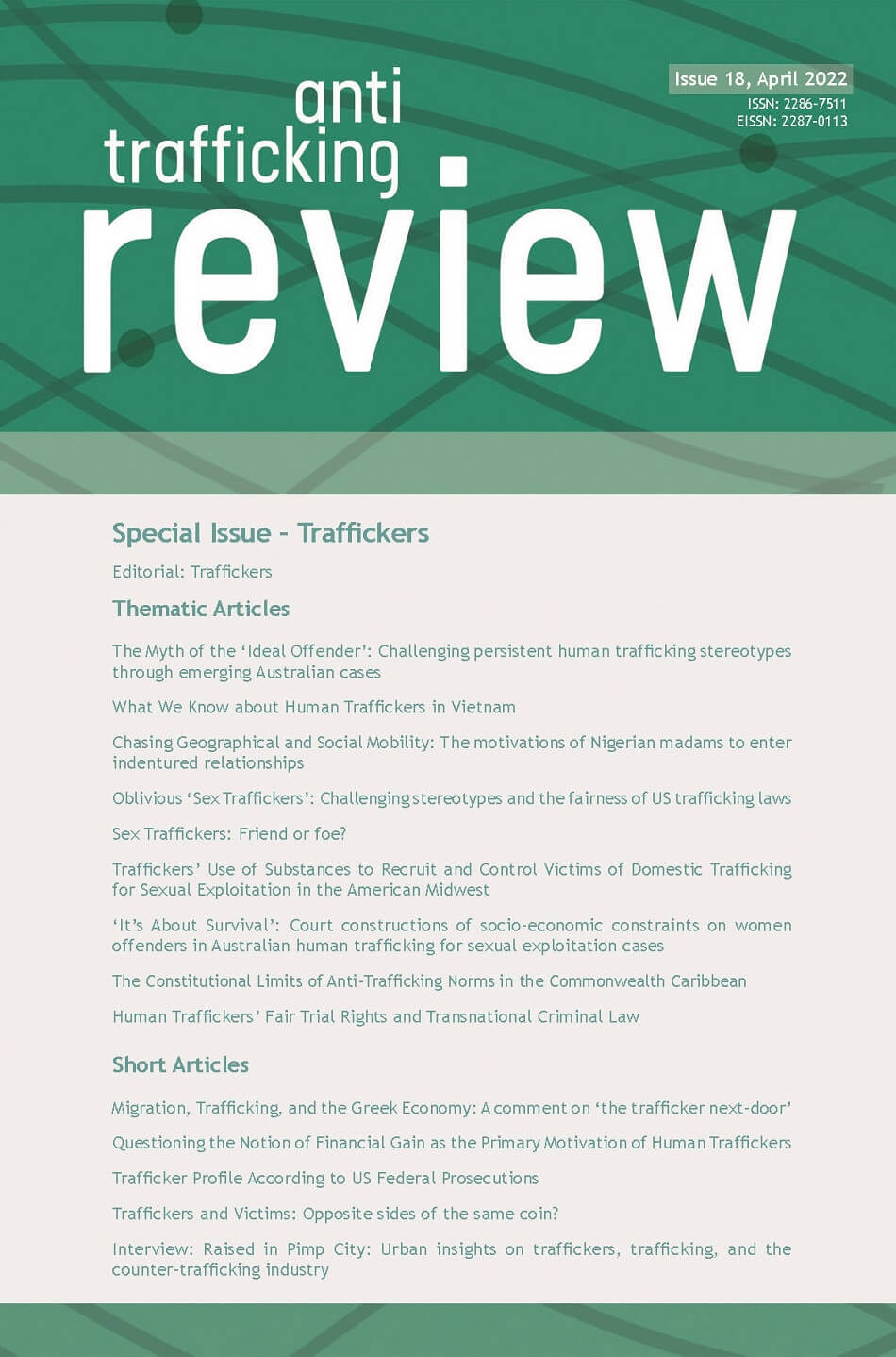
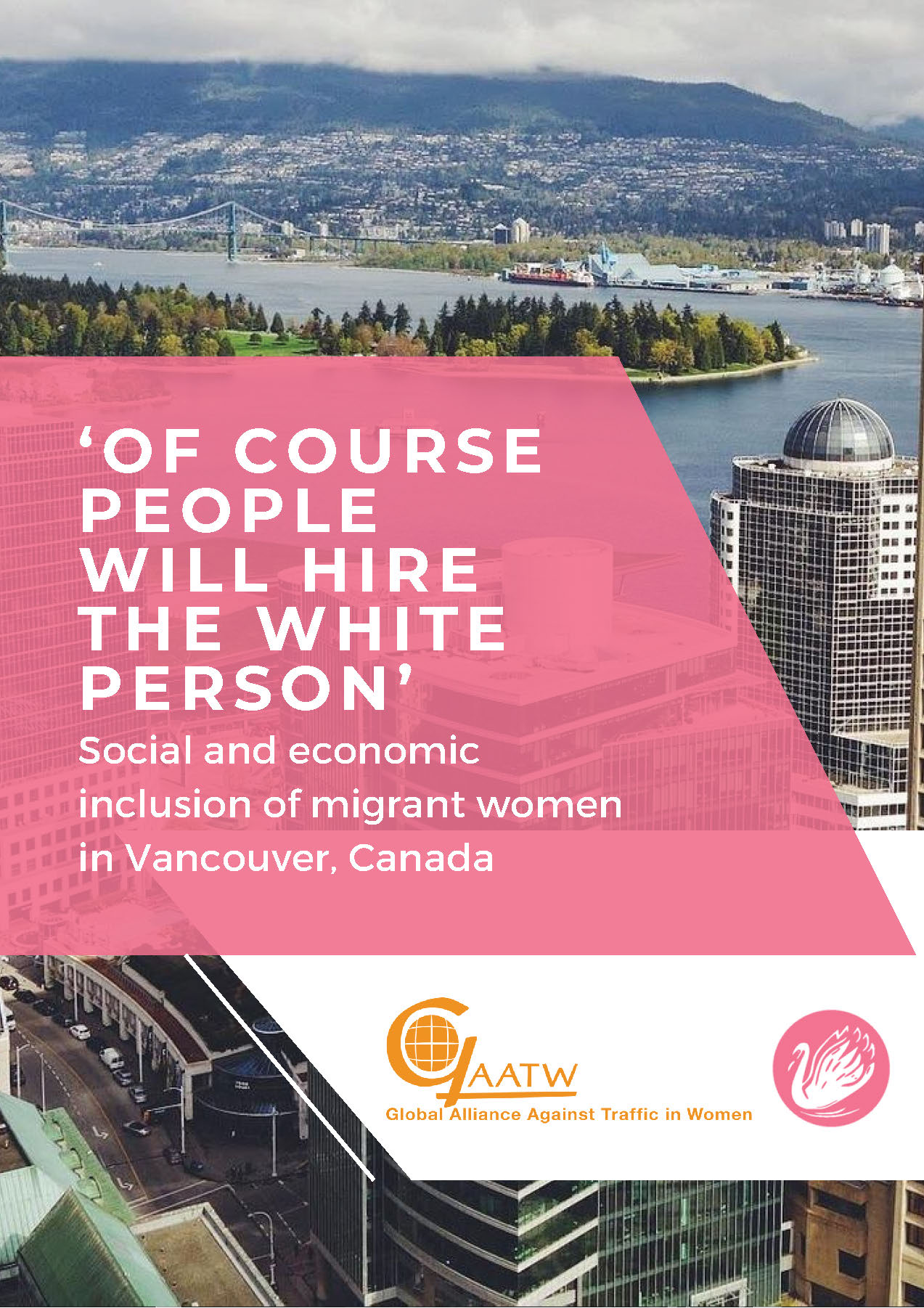
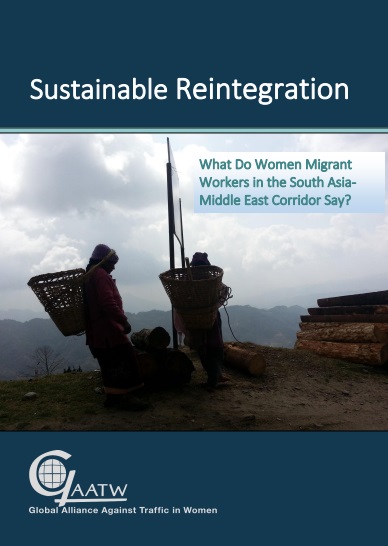
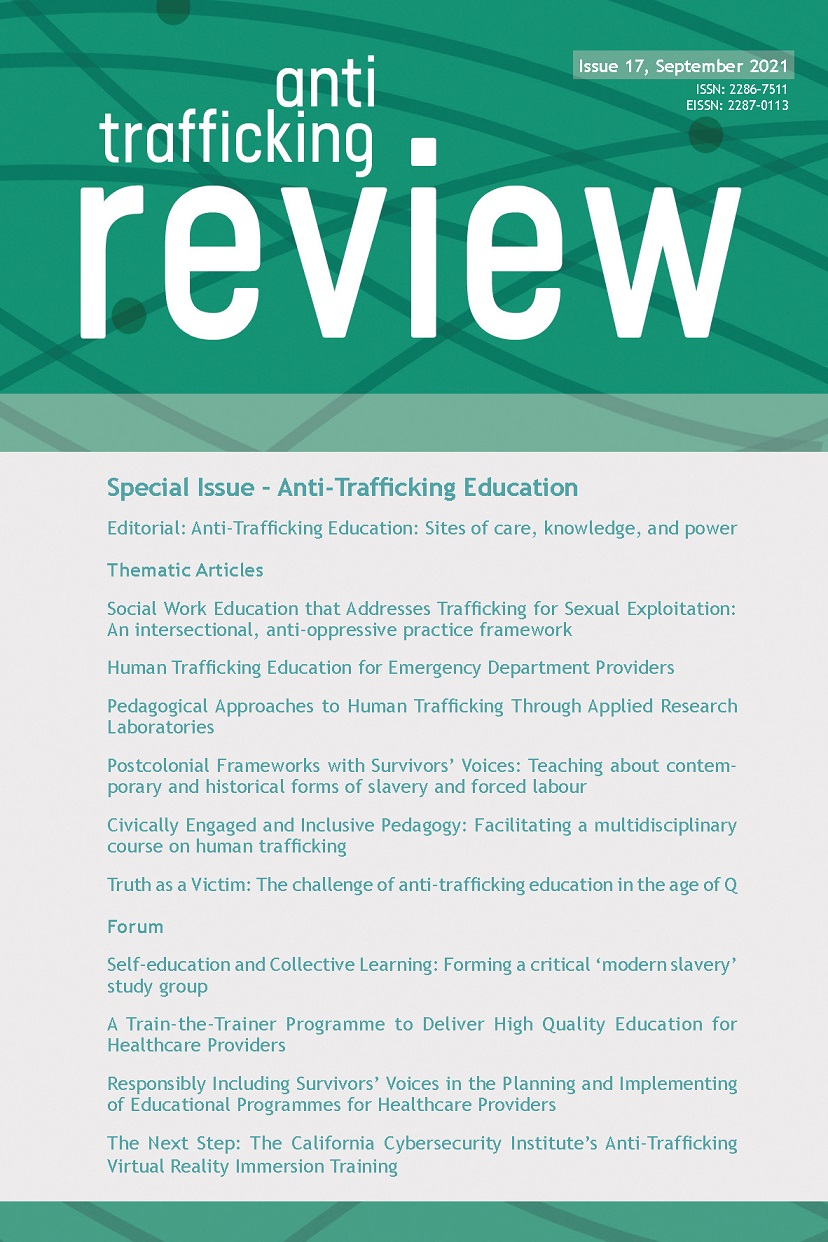
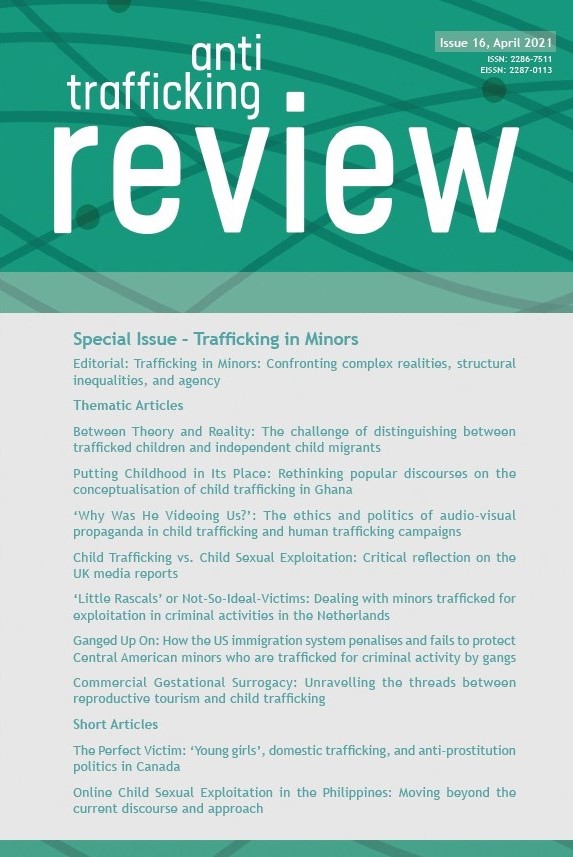
.pdf - Adobe Acrobat Pro 2_8_2021 4_36_32 PM.png)
